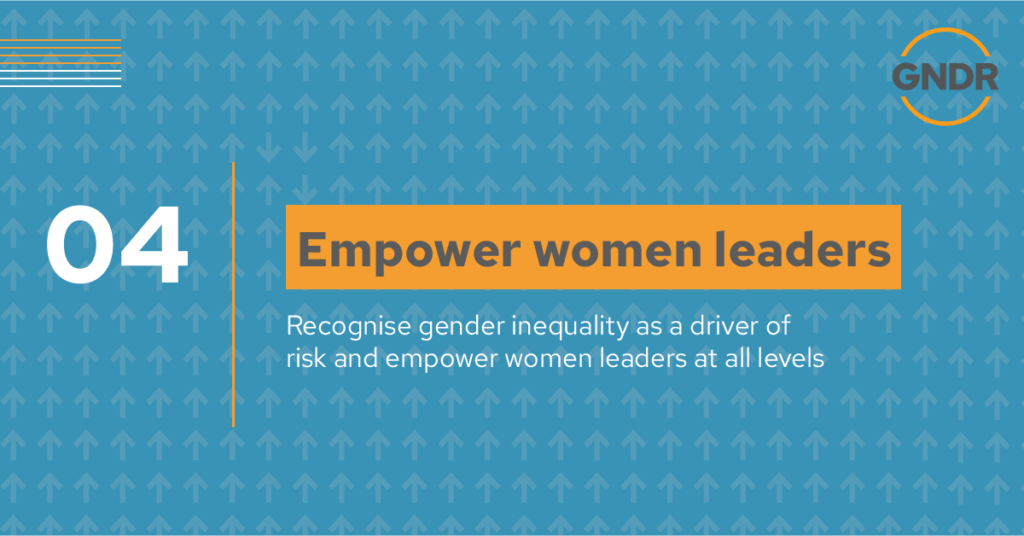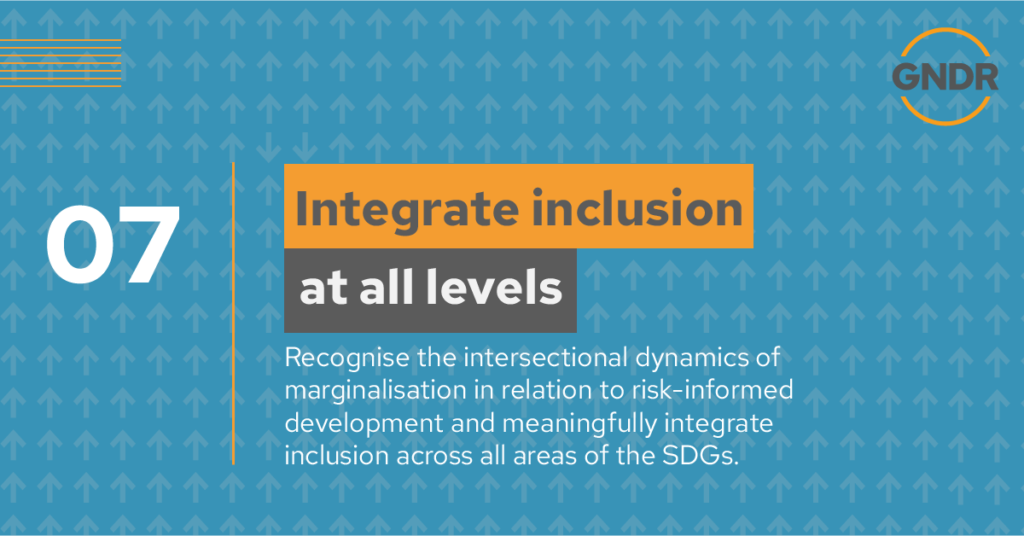Help us put risk-informed development at the heart of achieving the global goals.
The HLPF will be held from Monday, 8 July, to Wednesday, 17 July 2024, under the auspices of the Economic and Social Council. The theme will be “Reinforcing the 2030 Agenda and eradicating poverty in times of multiple crises: the effective delivery of sustainable, resilient and innovative solutions”.
The HLPF in 2024, will review in-depth:
- SDG 1: End poverty in all its forms everywhere
- SDG 2: End hunger, achieve food security and improved nutrition and promote sustainable agriculture
- SDG 13: Take urgent action to combat climate change and its impacts;
- SDG 16: Promote peaceful and inclusive societies for sustainable development, provide access to justice for all and build effective, accountable and inclusive institutions at all levels
- SDG 17: Strengthen the means of implementation and revitalise the Global Partnership for Sustainable Development
This will be the first HLPF since the 2023 SDG Summit and will support the implementation of the Political Declaration and other outcomes of the SDG Summit for advancing the 2030 Agenda and the SDGs.
Our members have identified seven priority action areas that decision makers, Member States and fellow civil society organisations need to work together on.
GNDR strives to apply a risk-informed development lens to the SDGs to support the international community to integrate expertise from the Sendai Framework for disaster risk reduction into the SDGs.
Our network’s strategy (2020 – 2025) was co-developed by our members and has three overarching policy focuses: (1) localisation, (2) risk-informed development and (3) the role of civil society in convening the all-of-society approach.
Specifically we call on Member States and all stakeholders to:






